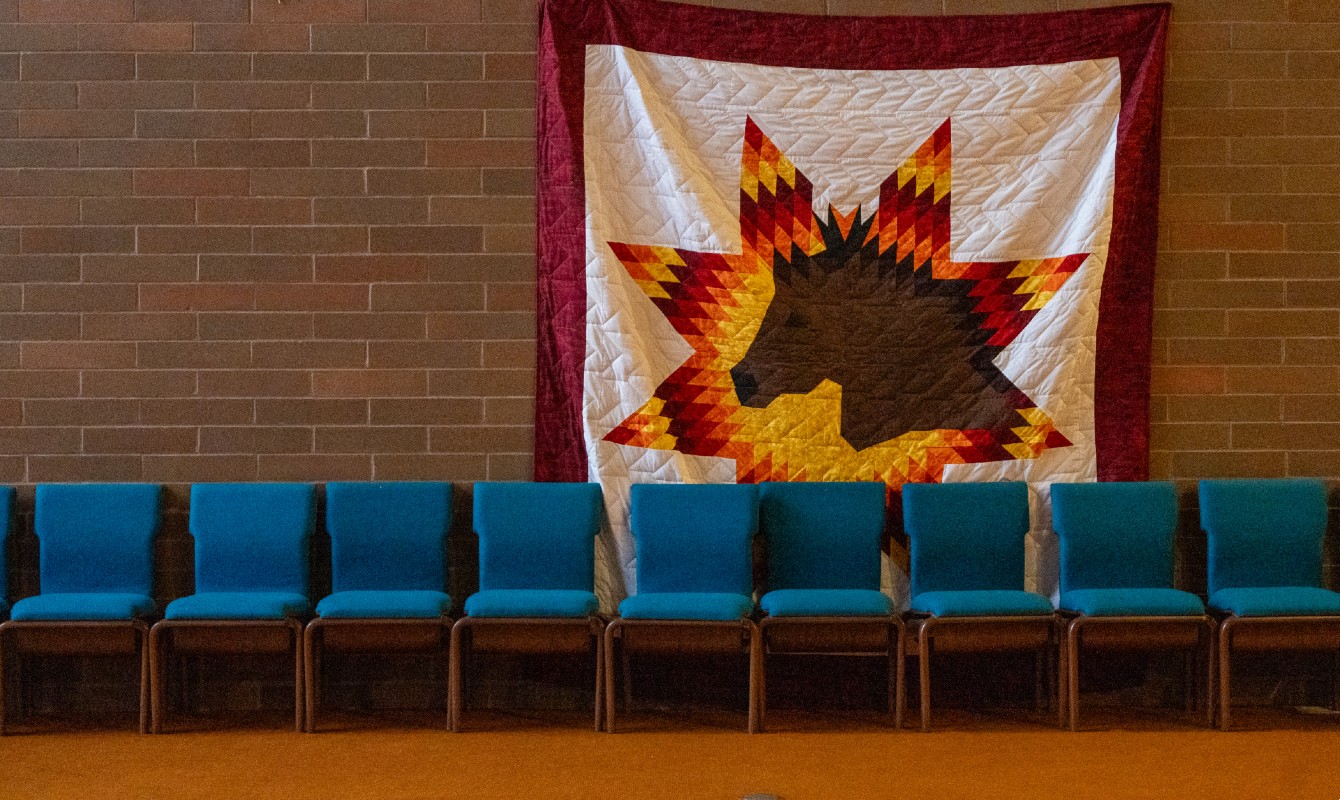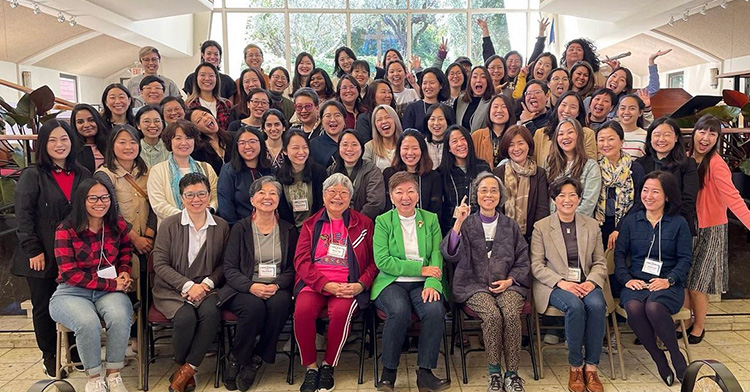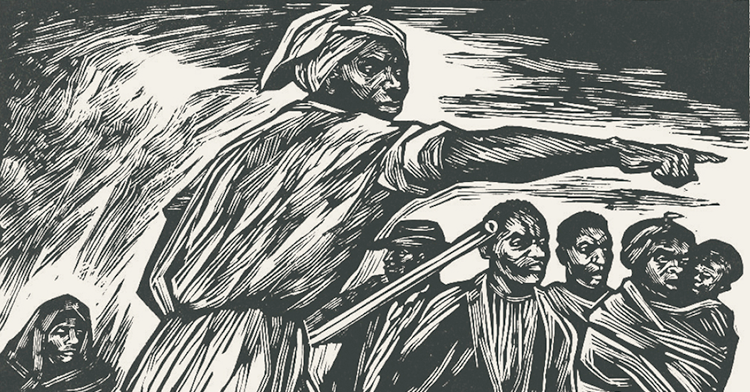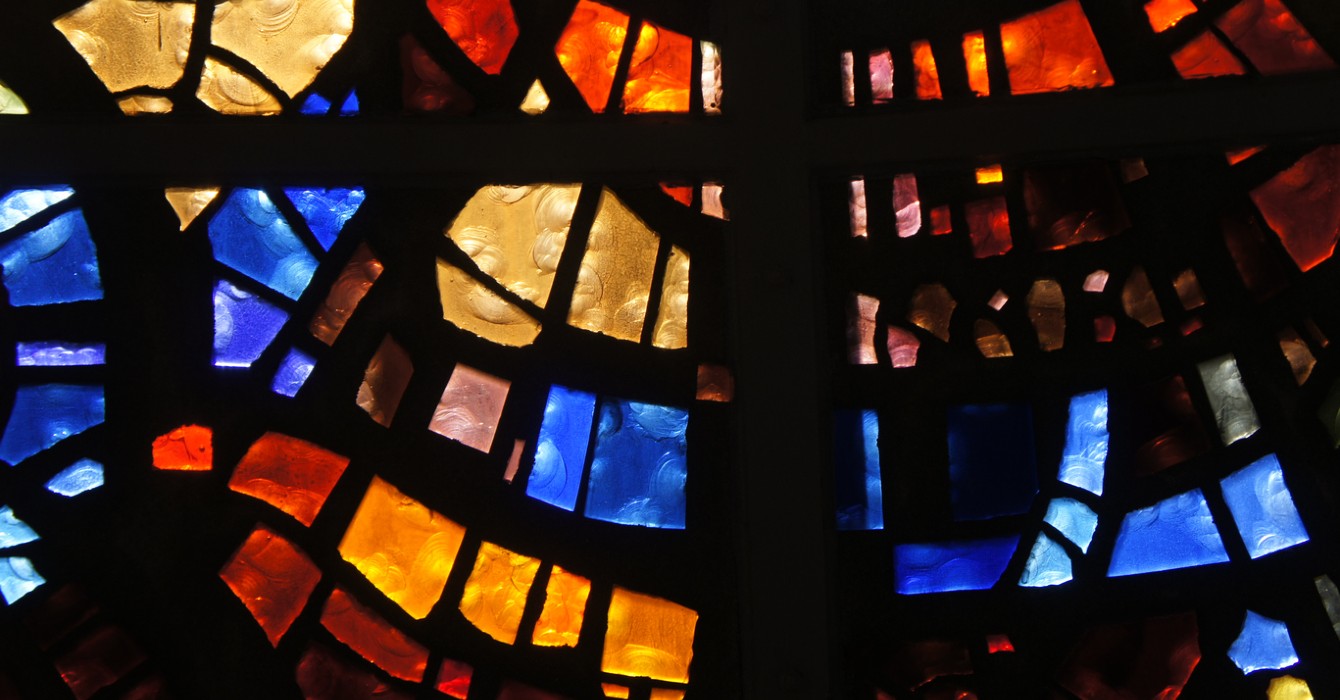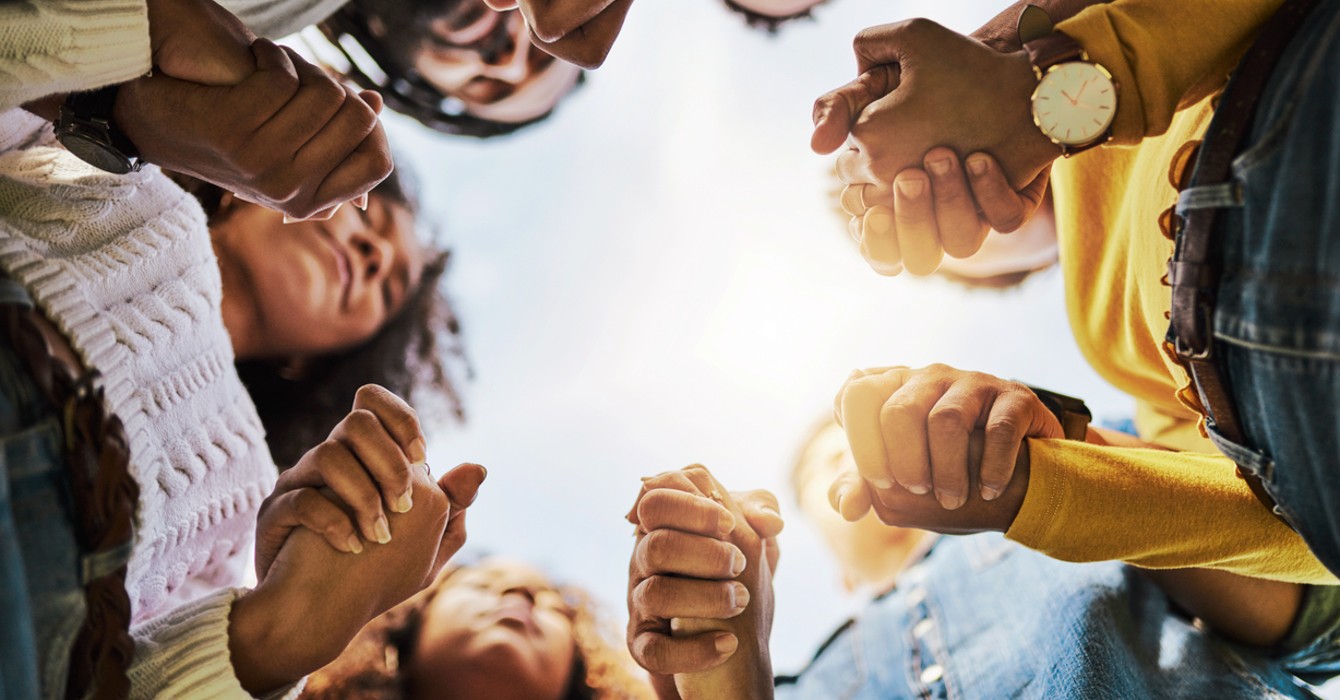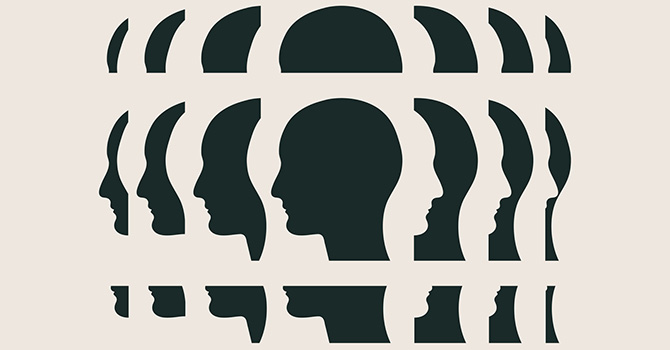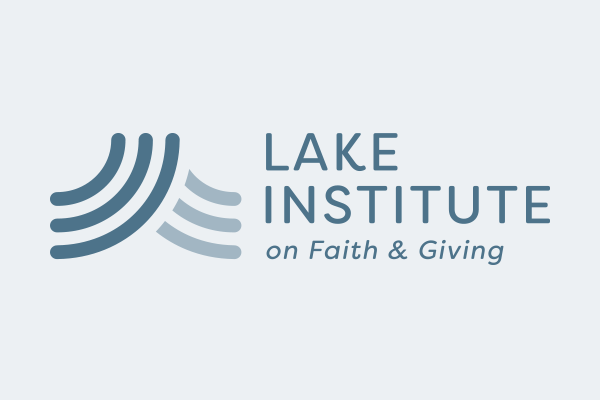I woke up in the middle of the night with a game-changing idea. I jotted down notes about it before drifting back to sleep. The next morning, I was still excited about my eureka moment and looked forward to discussing it with my life coach later in the week.
As I explained to my coach, I knew the timing for the idea wasn’t quite right, so I planned to keep it to myself until I needed it. Sharing it any more widely meant someone might steal it and bring it to full fruition — or, God forbid, create a better version of my dream.
He laughed, then challenged me.
“Since when is your well of ideas that shallow? Why are you giving in to such a mindset of scarcity? Use the idea now! And more importantly, what if someone else does take it and make it bigger and better? Isn’t that your end goal? More people are helped. More communities thrive. What are you waiting for? I can promise you, more and better ideas are going to come. They always do.”
His words remind me of an Oliver Wendell Holmes quote: “Many ideas grow better when transplanted into another mind than in the one where they sprang up.”
So why do I know so many leaders, like myself, who hoard their ideas as if they were a finite resource?
I joke that one of my most creative leadership mentors has “a thousand ideas before breakfast.” Some of the ideas are amazing and implementable as soon as they are vocalized. Others need quite a bit of finessing to become viable.
However, I don’t revere her as a mentor for the number of her ideas, even though that’s easy to envy. She’s a creative and effective leader across myriad disciplines because she gives her ideas away. She generously puts them out in the universe through her lectures, books and social media, inviting anyone who is interested to pick one and run with it.
She knows she doesn’t have the time, energy or resources to keep track of all her ideas, much less develop and implement them. She also believes that sharing them increases her capacity to create new ones.
She explains her thinking with her hands.
“When my fists are clenched because I’m holding tight to an idea, a resource, whatever it is, I don’t have an open hand to receive something new. And experience tells me I always need to have at least one hand open, because the more I give away, the more that I receive.”
Somewhere along the way, we let the world convince us that ideas are a finite resource or a zero-sum game. It is as if there were only a certain number of good ones, so when we see one, we need to hold on and protect it. In doing so, we think we are being good stewards of the gift of the idea until we can bring it to fruition.
We can see this in the parable of the talents (Matthew 25:14-30). In fear of loss, the third steward hides what is entrusted to him. The master’s anger is at the steward’s inaction. He’s mad because the steward has done nothing but hide what he has been given.
What if the parable of the talents is a call to action, to a faithful way of stewarding our gifts, ideas and resources? What if stewardship is about not hiding what is entrusted to us but putting our resources to use immediately in ways that enable our neighbors and communities to flourish?
When we hoard any resource, including an idea, we run the risk of keeping it small, exposed only to our own experiences, education and environment. We also deprive others of the opportunity to contribute toward something new and to expand their capacities for developing creativity, running experiments, honing their brainstorming skills.
One of the most effective and entertaining ways to help our ideas grow is to borrow a tool from improvisation. When someone voices an idea, their partner responds with, “Yes, and …,” adding to the idea.
The two volley back and forth for as long as they want. Saying “yes” to someone’s idea validates the originator and invites continued conversation and curiosity. Following up with “and” allows the responder to contribute and further develop the idea into something the originator may not have considered.
Embodying a “Yes, and” approach to our ideas and those of others arises from a mindset of abundance and generosity, trusting that what we create together is better than what we could create on our own.
She knows she doesn’t have the time, energy or resources to keep track of all her ideas, much less develop and implement them. She also believes that sharing them increases her capacity to create new ones.




